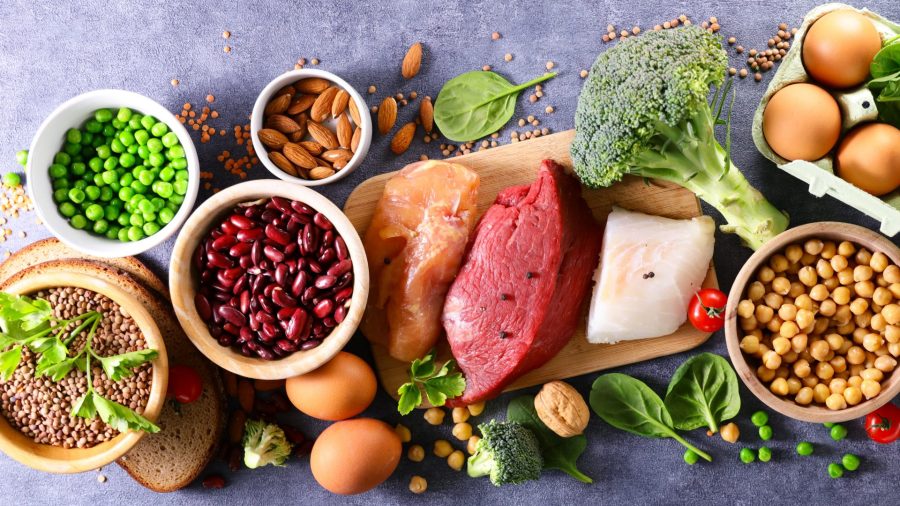While some in the industry are optimistic about alt-protein’s prospects and perceived benefits, others claim alt-protein is, in some respects, overhyped, as noted in a new report.
The Politics of Protein, by the International Panel of Experts on Sustainable Food Systems, critiques the alt-protein sector and examines the claims made by companies operating within it.
ARGUMENT FOR PLANT-BASED INVESTMENT
The claims involving plant-based protein products have certainly garnered attention from consumers.
“Over 40% of Americans are consuming plant-based alternatives to meat, dairy, or eggs at least once every 90 days… so the demand is astronomical,” plant-based food industry expert and Mission: Plant founder David Benzaquen said in a 2021 Food Institute podcast.
“Where vegetarians and vegans collectively make up approximately 7% of the U.S. population, over 40% of Americans are consuming plant-based alternatives,” Benzaquen added. “Nearly half the country says they want to reduce their animal protein intake.
“That’s why we’re seeing so much growth in innovation and new company launches, and why we’re seeing investors go crazy.”
EXAMINING ALT-PROTEIN’S IMPACTS
The Politics of Protein argues that the evidence for the positive impacts of alternative proteins is limited and even speculative, primarily funded by the companies themselves, reported Forbes (April 19).
In the report, the authors write that “fake meat is a ‘silver bullet’ technology that may not be as sustainable as advocates claim.”
“There is a rush to so-called ‘alternative proteins’ – which include ‘lab’ or ‘cultured’ meat and fish products, plant-based (or ‘fake’) substitutes, as well as dairy and egg alternatives. A ‘protein obsession’ in marketing and media helps to bolster these technologies,” the report added. Alternative proteins allegedly could, according to the report “risk entrenching domination of food systems by giant agri-business firms, increasing dependency on fossil fuel energy, promoting standardized diets of processed foods, driving loss of livelihoods for livestock farmers … and reinforcing industrial supply chains.”
BIG MEAT CONSOLIDATION
Despite startups initiating the alt-protein boom, the industry has seen significant investments and acquisitions from the world’s largest meat-processing companies.
“This ‘protein convergence’ involves the majority of dominant meat processors in the world – including JBS, Tyson, WH Group, and Cargill. Most of them already have the full sweep of poultry, pork, and beef divisions,” the report said.
The report critiqued that movement, saying that it may lead “well-meaning consumers of alt protein” to buy from the “same giant meat companies that are operating the biggest factory farms.”
Editor’s note: Additional reporting provided by The Food Institute’s Chris Campbell












